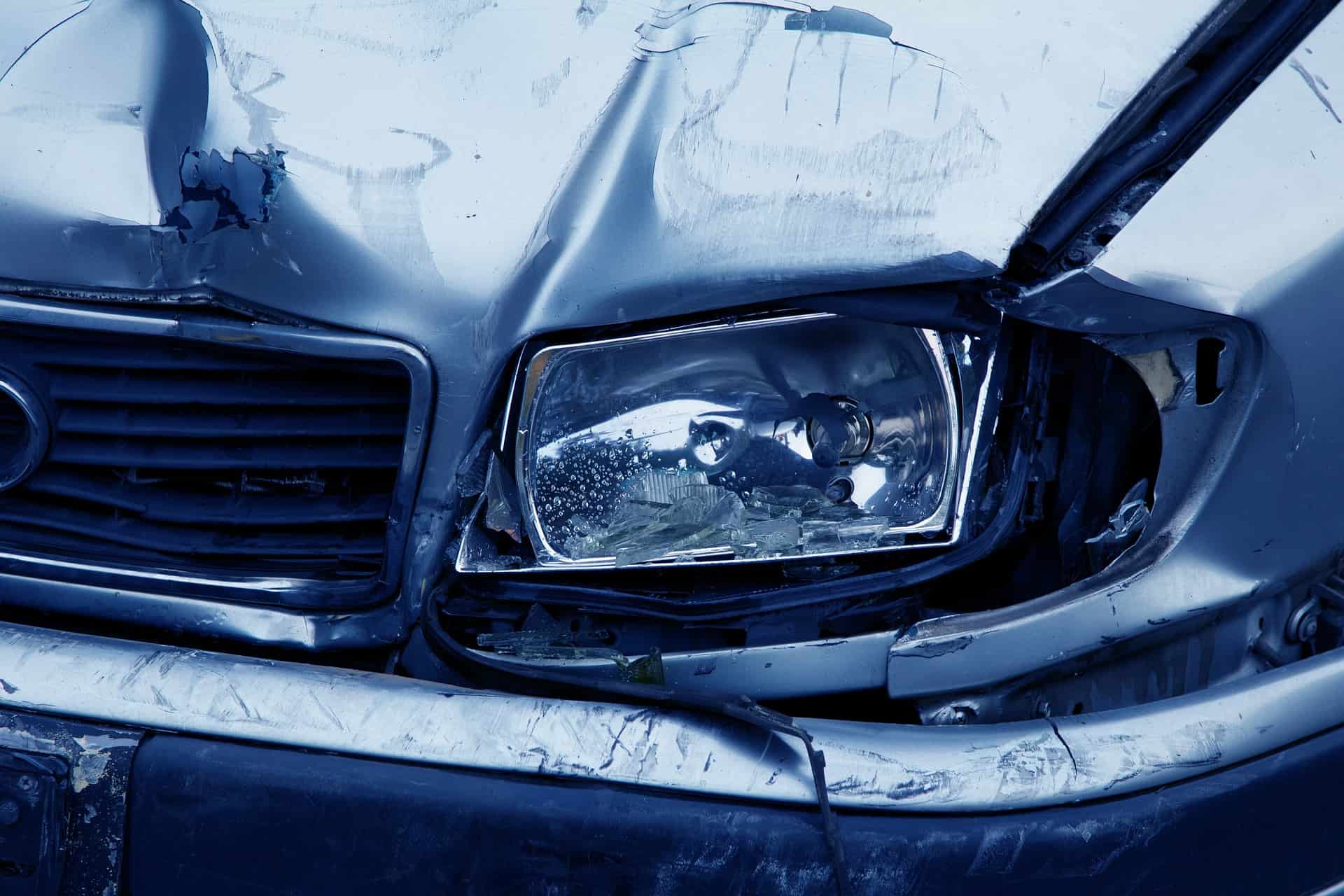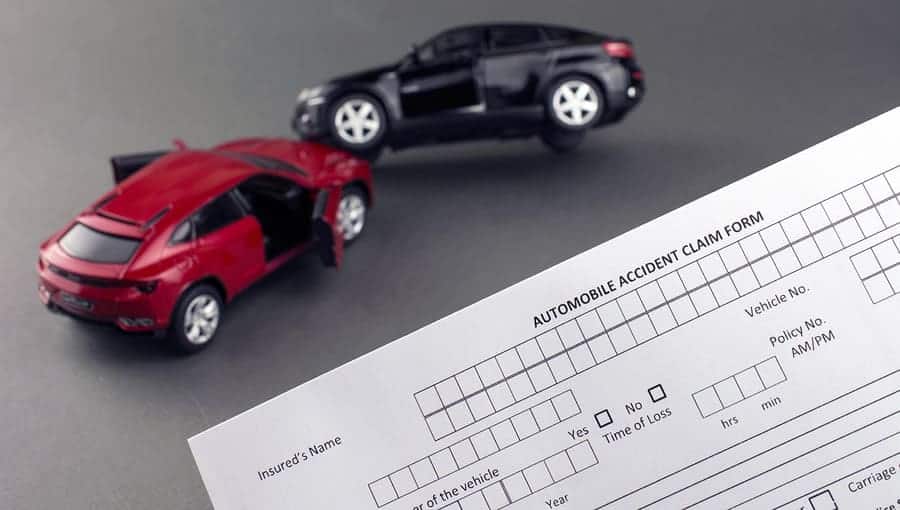Most of the public is probably familiar with the term ‘punitive damages’ because of jury verdicts they hear about in the news. But when a case goes to trial, punitive damages are awarded in a small number of personal injury cases. To be awarded punitive damages, the behavior of the defendant must be especially reckless and reprehensible and deserving of stiff punishment. Additionally, punitive damages are only available in court cases where a lawsuit is filed against the at fault driver. Punative damages are never awarded in standard car accident settlement negotiations with the at fault driver’s insurance company.

- How Much Is Your Car Accident Settlement Worth?
Find out the maximum compensation you could receive.
- How Much Is My Car Accident Settlement Worth?
Unlike regular compensatory damages for medical bills, lost wages, and pain and suffering, punitive damages are intended to punish the defendant and are not connected to an injury.
Punitive damages generally are possible when the judge or jury finds intentional misconduct or gross negligence. Other states require the defendant to have acted with malice, recklessness or deceit.
Gross Negligence
This is conduct that is extremely reckless and involves a conscious disregard for the safety of another person. Ordinary recklessness involves violating the act of reasonable care, while gross negligence has an additional element of recklessness. For instance, a business could be liable for negligence for not fixing an old roof that falls and hurts customers. But if the building inspector told the owner that the roof must be fixed because it is dangerous and he did not do so, the resulting injured parties could ask for punitive damages in their lawsuit.
Another common scenario where the injured party may ask for punitive damages is in a serious drunk driving accident. If the drunk driver had a BAC that was .15% or higher in some states, it is likely that the injured party could demand punitive damages. The rationale is that being that intoxicated and driving is by itself an extremely reckless act that involves complete disregard for the safety of others.
Punitive Damages Rationale
Punitive damages are intended to punish the defendant and deter others from engaging in similar wrongful conduct. For example, say a driver purposely sideswipes another care after the first driver thought the other driver cut him off on the freeway. The first driver engaged in purposeful misconduct and hit the other person’s car on purpose. The second driver would have a strong argument for punitive damages because the first driver engaged in purposeful misconduct.
Limitations on Punitive Damages
Some states, such as Florida, have caps on punitive damages awards. Florida state auto accident law does not allow a punitive damage award to be more than three times the amount of the award for compensatory damages or $500k, whichever is higher. It is important to check the laws of your state to determine what the rules are for punitive damages. Or talk to a licensed attorney.
Sanctions for Lack of Reasonable Basis
There needs to be a reasonable basis for the injured part to go after punitive damages in a personal injury suit. When there is limited or no evidence of purposeful misconduct, gross negligence, or deceit, the court can institute monetary sanctions on the injured person for attempting to seek punitive damages when there was no basis to do so. By requiring a reasonable basis to ask for punitive damages, courts are attempting to dissuade people from making frivolous claims for punitive damages.

- What’s my car accident settlement worth?
- Find out in less than 60 Seconds!
